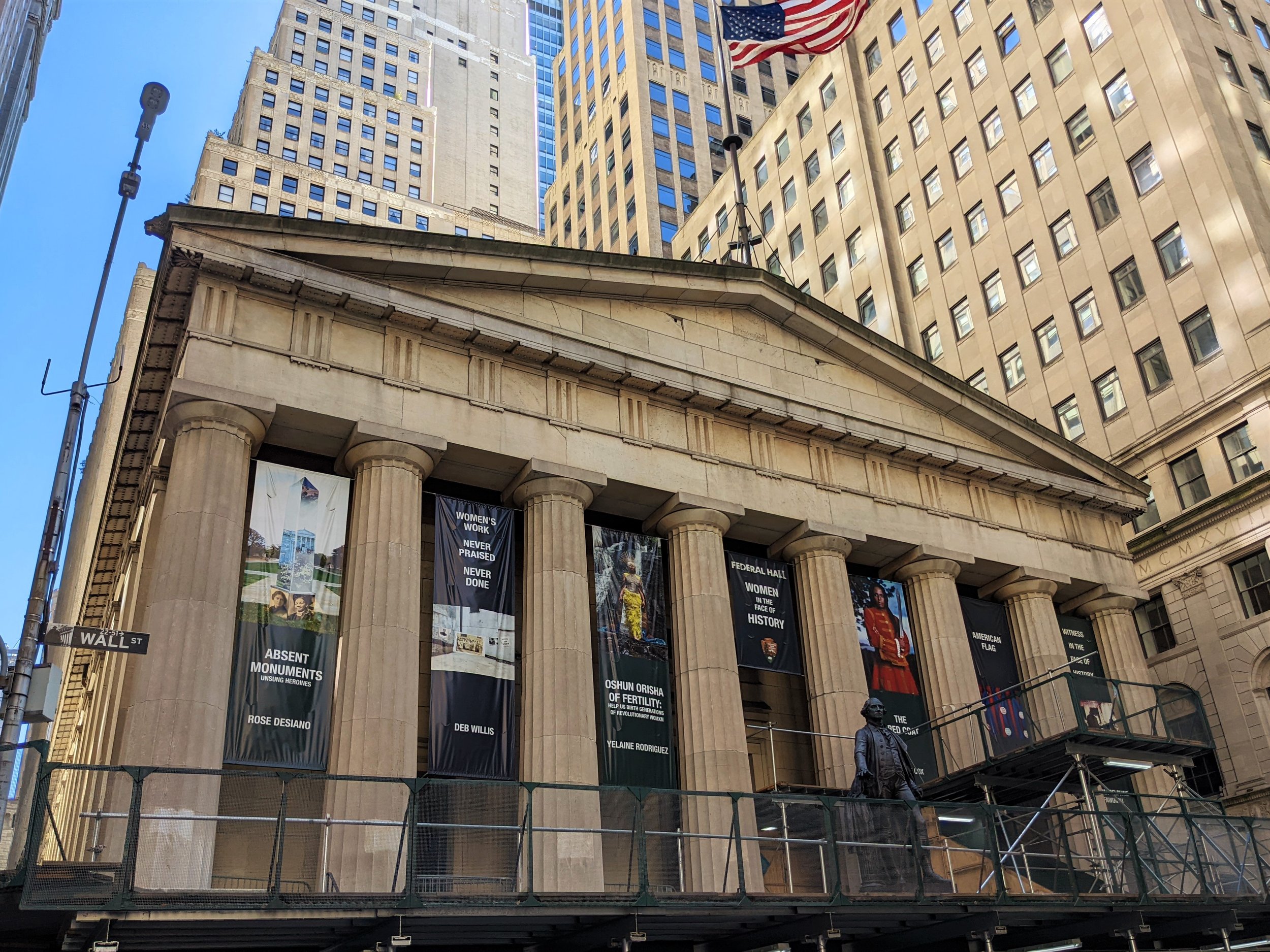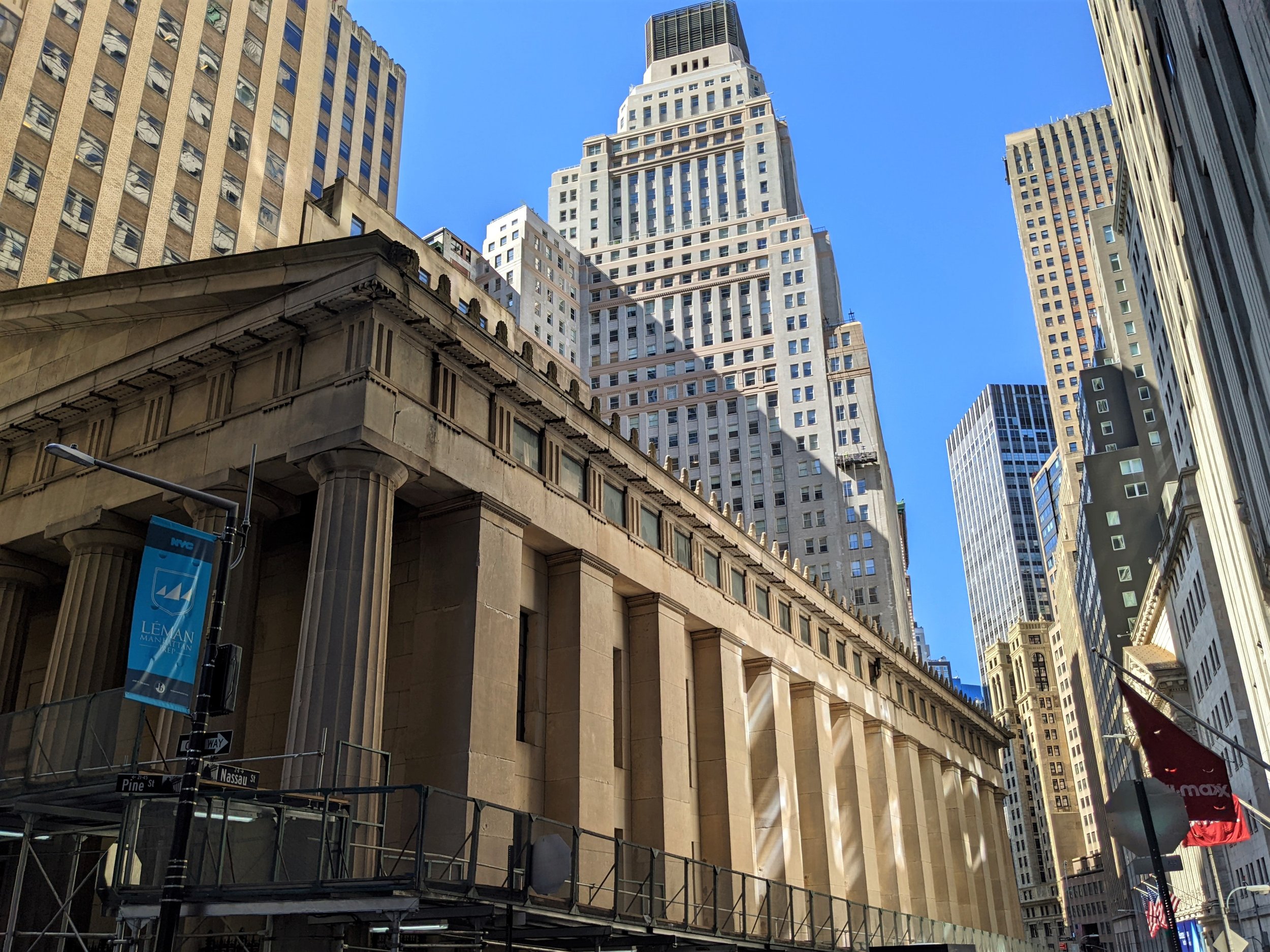Four centuries ago, Manhattan was sold by its indigenous Lenape inhabitants to Dutch colonialists for a mere twenty-four dollars, as documented in the renowned Schagen Letter on display at the New York Historical Society. While today it's challenging to find a meal in Manhattan for under twenty-four dollars, this transaction laid the groundwork for the modern city of New York.
Yet, for the Lenape people, this was not a genuine sale but rather an imposition of colonial dominance, stripping them of their ancestral rights. Adjacent to the Schagen Letter, visitors can find a contemporary letter from Lenape leaders (slide four), discrediting the Schagen sale. They assert that this transaction does not define them and that their intrinsic bond with “Manahahtáanung” remains unbreakable.
Take a moment to honor the ancestors and history of New York by viewing the Schagen letter at the New York Historical Society until the exhibit closes on July 14th!







